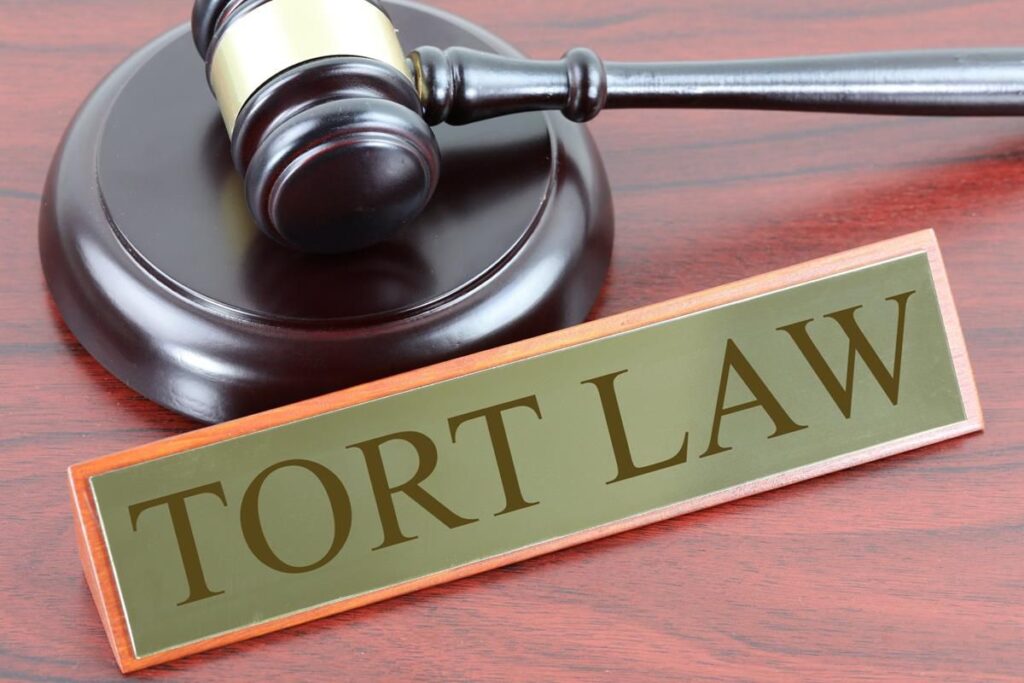THE BASICS OF TORT LAW AND ITS SIGNIFICANCE IN THE LEGAL SYSTEM
Tort law is an area of law that deals with civil wrongs committed by one person against another. It aims to provide compensation to the victim for the harm they suffered, rather than punishing the wrongdoer. In this article, we will discuss the basics of tort law and its significance in the legal system.
What is Tort Law?
Tort law is a branch of civil law that provides remedies for harm caused by a wrongful act or omission. The term “tort” comes from the Latin word “tortus,” which means twisted or wrong. A tort can be committed intentionally or unintentionally, but in either case, the victim can seek compensation for the harm caused.
The types of torts can be divided into three broad categories:
- Intentional Torts: These are torts that are committed intentionally by the wrongdoer. Examples of intentional torts include assault, battery, false imprisonment, defamation, and intentional infliction of emotional distress.
- Negligence: Negligence is a tort that occurs when someone fails to exercise reasonable care, resulting in harm to another person. Examples of negligence include car accidents, medical malpractice, and slip and fall accidents.
- Strict Liability: Strict liability is a tort that does not require the plaintiff to prove fault or intent. Instead, it imposes liability on the defendant based on the nature of the activity. Examples of strict liability include product liability and animal attacks.
Significance of Tort Law in the Legal System
Tort law serves several important purposes in the legal system, including:
- Compensation: Tort law provides a means for victims to recover compensation for the harm they suffered. This compensation can include economic damages (such as medical expenses and lost wages) and non-economic damages (such as pain and suffering).
- Deterrence: Tort law serves as a deterrent to prevent people from engaging in harmful behavior. By imposing liability on wrongdoers, it creates a financial disincentive to engage in conduct that could harm others.
- Justice: Tort law helps to promote justice by holding wrongdoers accountable for their actions. It ensures that those who cause harm are held responsible and that victims are able to seek redress for their injuries.
Conclusion
Tort law plays a crucial role in the legal system by providing remedies for harm caused by wrongful conduct. Whether the tort is intentional, negligent, or based on strict liability, it provides a means for victims to seek compensation and hold wrongdoers accountable. By promoting justice and deterrence, tort law helps to ensure that individuals are protected from harm and that wrongdoers are held responsible for their actions.



